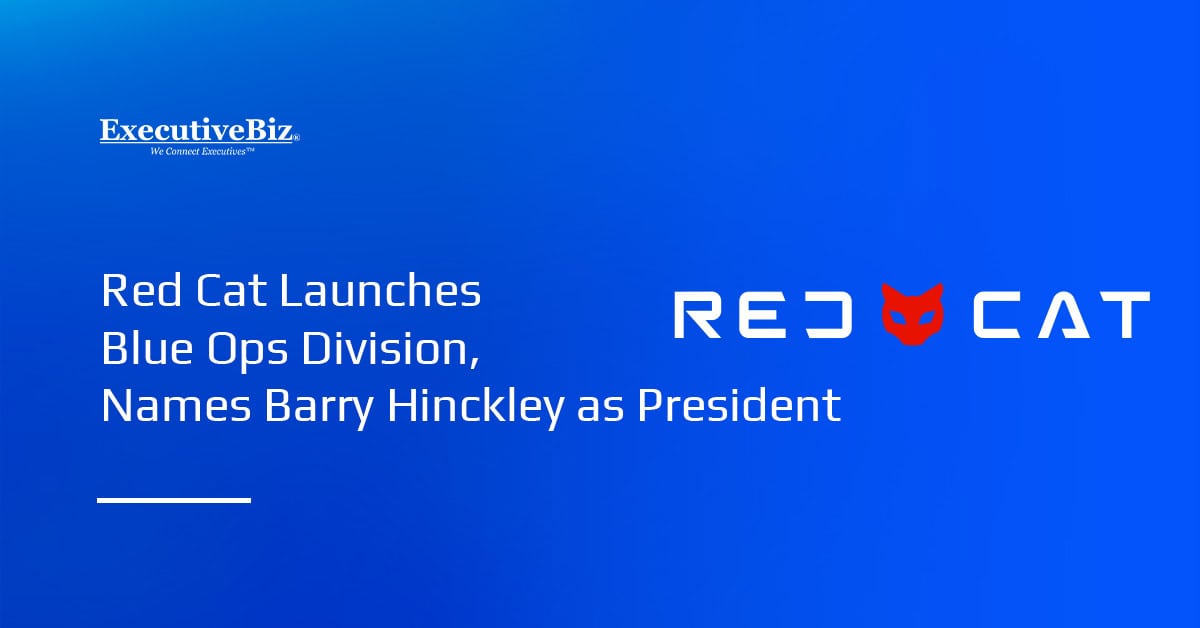Jeff Haberman, vice president of growth at Integrated Data Services, said establishing an Ontology Governance Working Group would ensure data consistency across the Department of Defense.
In a new LinkedIn post, the executive reviewed the potential benefit of an Ontology Governance Working Group, which is one of the proposed policy changes for fiscal year 2026, and how Comprehensive Cost and Requirement, or CCaR, would be crucial to the effort.
The post is Haberman’s second article in a series that looks at upcoming policy changes as the government moves toward a more integrated, agile and data-driven acquisition strategy. The first article from the series identified five critical areas where agencies may see changes.
Why Adopt Integrated Data Services’ CCaR
An Ontology Governance Working Group would be key to “unifying how data is defined, structured and managed across the Department of Defense,” he wrote.
The executive also pointed out that the working group would be tasked to “drive scalability by ensuring data consistency across departments.”
Haberman shared that CCaR is built with standardized data to enable integration and interoperability across systems, programs and portfolios. The IDS system, he added, facilitates data consistency for cross-program and cross-portfolio analysis to support informed decision making.
Moreover, CCaR supports the adoption of artificial intelligence. Haberman explained that a formal ontology is crucial in CCaR’s use of AI for automation, predictive analytics and anomaly detection. He predicted that AI “will be essential for future acquisition and management workflows.”





